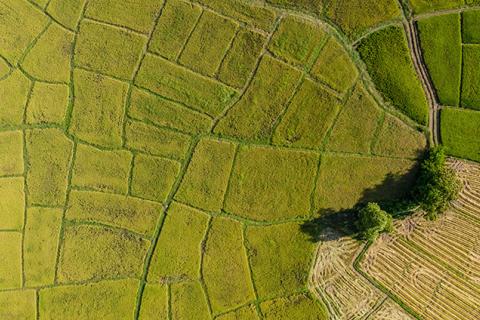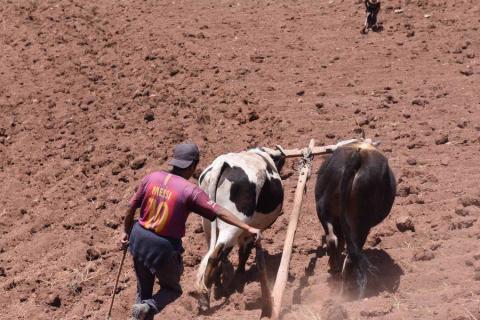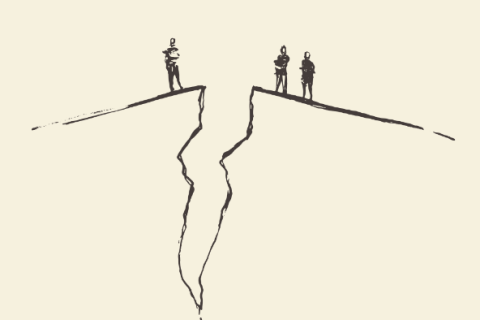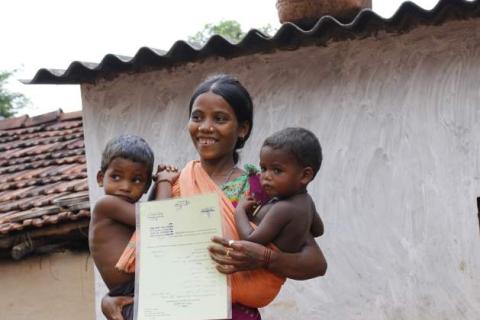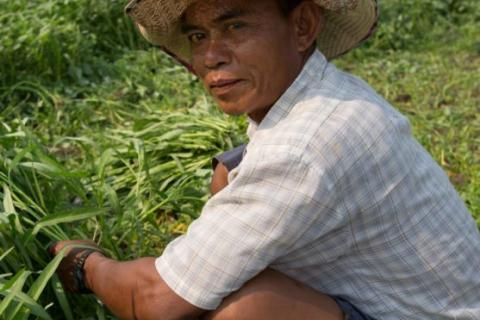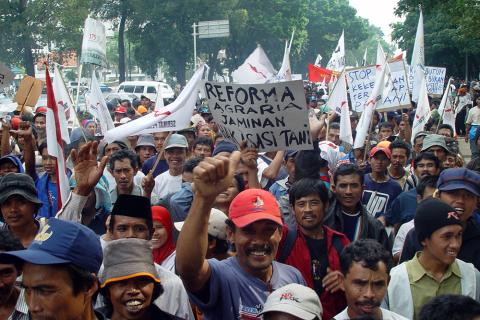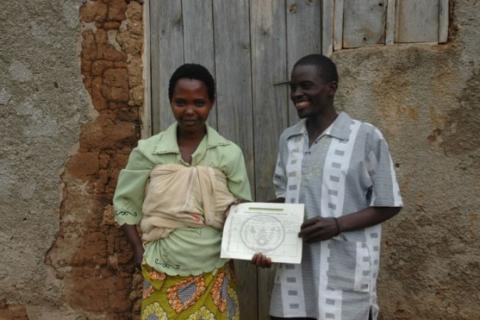
Topics and Regions
Chris Jochnick is a global land rights expert and social entrepreneur with decades of experience in international development. Chris joined Landesa as CEO in August 2015 after leading Oxfam America’s work on business and development including shareholder engagement, value chain assessments, and collaborative advocacy initiatives, such as the successful “Behind the Brands” campaign.
Jochnick is the co-founder and former director of two pioneering non-profit organizations: Center for Economic and Social Rights and the Ecuador-based Centros De Derechos Economicos y Sociales.
Jochnick spent seven years working in Latin America, devoting much of that time to addressing threats to indigenous peoples’ land rights. Prior to Oxfam, Jochnick worked as a corporate attorney with the Wall Street law firm Paul, Weiss, Rifkind, Wharton and Garrison, on corporate governance and social responsibility issues.
Jochnick is a graduate of Harvard Law School and a former fellow of the MacArthur Foundation and Echoing Green. He teaches a course on business and human rights at Harvard Law School.
He is Vice-Chair of the Board of Directors of Due Process of Law Foundation, on the Board of the Business and Human Rights Resource Centre, and on the Steering Committee of both the Global Initiative for Sustainability Ratings and the Sorensen Center for International Peace and Justice. He is a member of the advisory council of the International Land and Forest Tenure Facility, and the Center for Business and Human Rights at NYU Stern School of Business. He is the US Government’s National Contact Point for the Organization for Economic Co-operation and Development’s Stakeholder Advisory Board.
He has published scholarly articles widely and has edited two books.
Jochnick lives in Washington DC with his wife and four children.
Interests: Women's land rights, community land rights, Land rights
Details
Website
Location
Contributions
Displaying 1 - 9 of 9Eight Breakthroughs for Land Rights in 2020
2020 was a tough year on many fronts, and land rights were no exception. COVID-19 hindered land rights advocates from doing field research, meeting with government officials, prioritizing policy initiatives, and obtaining funding.
Despite these headwinds, we have seen important advances, and the field continues to grow. Here are eight breakthroughs in 2020 to celebrate:
#1: New laws and policies
Strengthening Land Rights Will Curb Migration
What the US faces on its southern border is not a security problem, but a humanitarian crisis, and punishing attempts at deterrence cannot resolve it. Enabling people to stay where they are requires, first and foremost, strengthening their right to be there.
Land Rights Pose Opportunities, Not Just Risks, to Companies and Social Justice
By focusing on four critical aspects of land rights, businesses can not only manage risks, but also do a great deal of global good while strengthening their bottom lines.
Closing the gap between policy and practice on women’s land rights
Momentum is building behind a land rights revolution. Last year, just prior to the World Bank’s Annual Land and Poverty Conference, I wrote about the many factors pushing land to the top of the global agenda. To maintain this momentum we must pay greater attention to gender and women’s land rights.
Ten Signs of an Impending Global Land Rights Revolution
By Chris Jochnick, President and CEO of Landesa
The development community has experienced various “revolutions” over the years – from microfinance to women’s rights, from the green revolution to sustainable development. Each of these awakenings has improved our understanding of the challenges we face; each has transformed the development landscape, mostly for the better.
Land reform for the modern era
By Joe Studwell & Chris Jochnick
After World War II, land reform programs in Taiwan, South Korea and Japan redistributed vast swaths of land to poor tenant farmers and agricultural laborers. The efforts helped end extreme poverty and hunger — changing the course of these countries’ histories. Land reform was referred to as the “secret sauce” that sparked sustained and broad-based economic growth.
What Uber and Airbnb Can Teach Us About Global Development
By Chris Jochnick, Landesa
Technology and social networks are the oft-cited parents of the sharing economy.
The two are largely credited with enabling us to trust strangers with our stuff, our homes and our lives – unlocking vast economic value in what was heretofore dead or underused capital.
Missing the Big Picture in Challenging Africa’s “Land Grab” Narrative
Who walks away from fertile agricultural land available to lease for as little as $1 per year per hectare? Recent reports indicate international investors are doing just that across sub-Saharan Africa.

